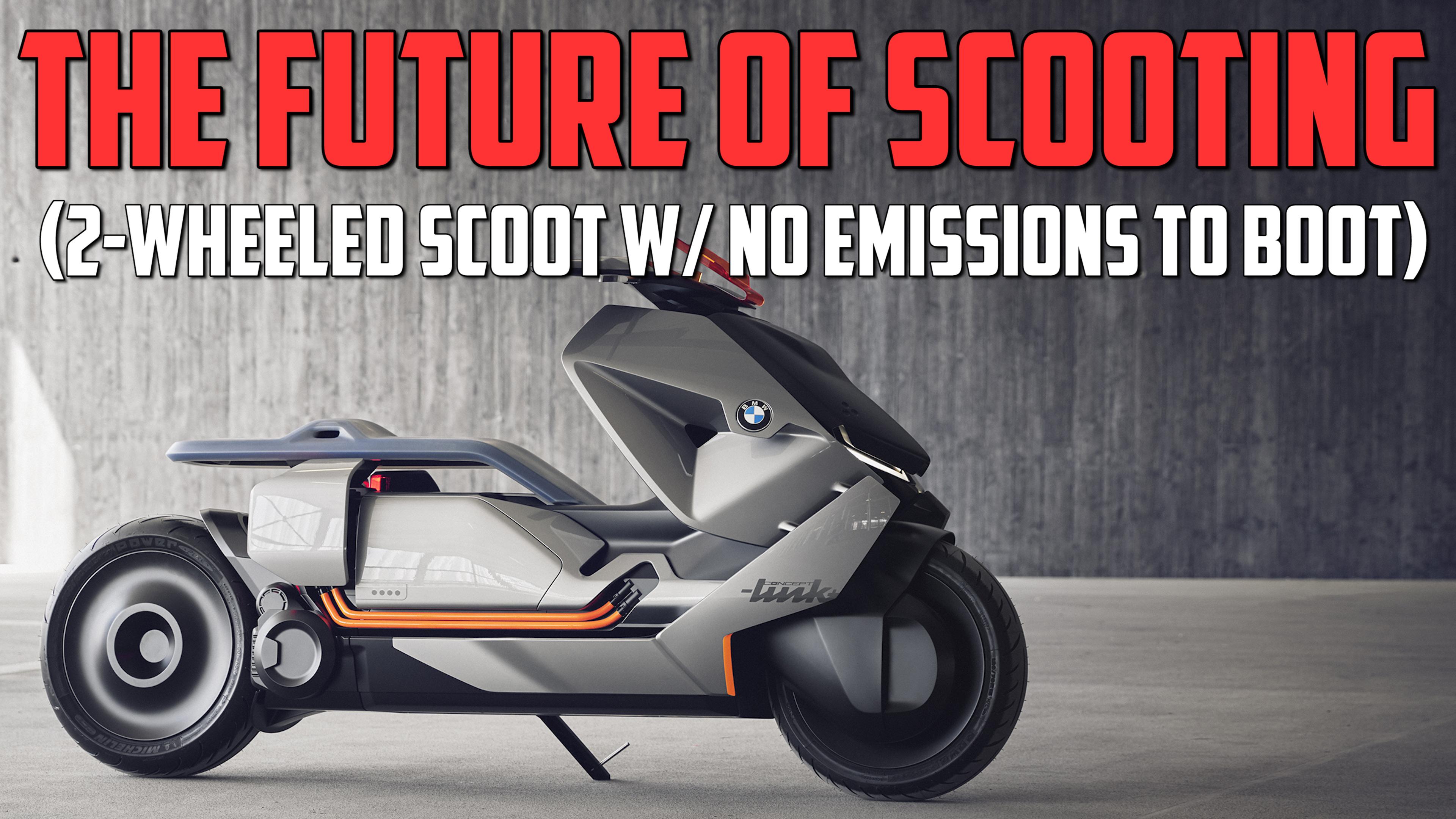BRUSSELS — EU lawmakers backed a 35 percent cut in carbon dioxide emissions from new trucks by 2030 on Thursday, pushing for ambitious measures to limit climate change despite fears over industry competitiveness.
The move comes after EU nations last week agreed to seek a 35 percent cut in car emissions by the same year. The target will be the first CO2 standard for trucks in the EU, which currently has no limits on what accounts for almost one quarter of the bloc’s transport-related emissions.
Bas Eickhout, the Green lawmaker shepherding the bill through the European Parliament, said the vote sent a clear signal that the bloc was serious about curbing global warming. The vote, which passed by 47 to 6 in the European Parliament’s Environment Committee, set tougher climate targets than those proposed by the EU executive in May. It had called for a 30 percent CO2 cut by 2030.
Parliament must still approve the assembly’s position in a vote next month. Talks with the bloc’s 28 governments on a final law, which will begin after parliament’s approval, are expected to be tougher as nations with big automotive industries fear stricter rules could hamper growth and cost jobs. Before the vote, lawmakers were divided on what interim limits to pass for 2025, split between worries over the climate and industry competitiveness. They ultimately pushed for a tougher target of a 20 percent reduction by 2025 than the 15 percent drafted by the European Commission.
The committee also passed requirements for manufacturers to sell more zero- and low-emission vehicles, setting a target share of their new vehicle fleet of 5 percent by 2025 and 20 percent by 2030.
Clean mobility group Transport & Environment said the measures should lead to the production of more fuel-efficient vehicles, helping to deliver on the EU’s goal to slash greenhouse gas emissions by at least 40 percent from 1990 levels by 2030.
The European Automobile Manufacturers Association (ACEA) has called for a far lower headline target cut of 16 percent of CO2 by 2030, warning tougher limits could eat into profits and cost jobs. EU regulators have been pushing for tougher regulation after Volkswagen’s admission to U.S. regulators in 2015 that it had masked tailpipe exhaust using software in as many as 11 million diesel vehicles sold worldwide, most in Europe.
Reporting by Daphne Psaledakis and Alissa de Carbonnel
Related Video:

